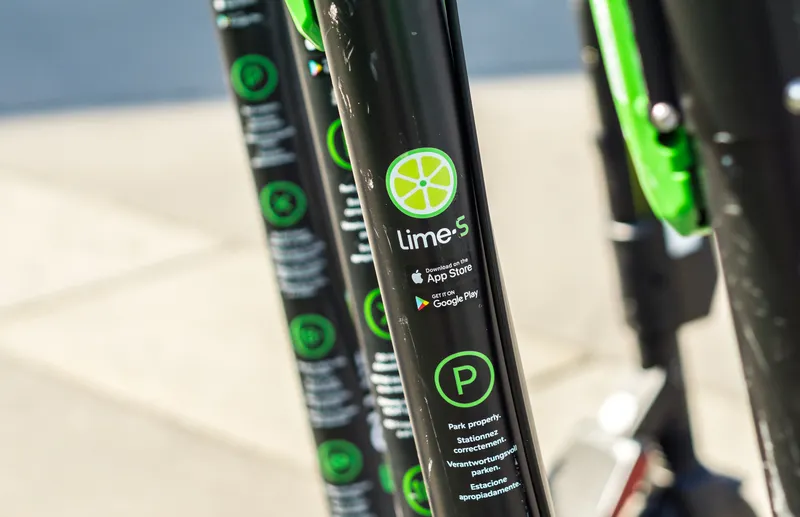The City and County of Denver, Colorado is piloting a new mobility platform from Xerox to help residents and tourists make transportation choices more easily. The platform, which includes the Go Denver app, also will provide data-driven insights into how Denver’s transportation infrastructure can be improved as the population continues to grow.
The app takes an individual’s destination and desired arrival time, and calculates the different routes available, categorised by ‘sooner’, ‘cheaper’ and greener’
February 24, 2016
Read time: 2 mins
The City and County of Denver, Colorado is piloting a new mobility platform from 4186 Xerox to help residents and tourists make transportation choices more easily. The platform, which includes the Go Denver app, also will provide data-driven insights into how Denver’s transportation infrastructure can be improved as the population continues to grow.
The app takes an individual’s destination and desired arrival time, and calculates the different routes available, categorised by ‘sooner’, ‘cheaper’ and greener’. It aggregates and calculates the time, cost, carbon footprint, and health benefits from walking, biking, driving, parking, taking public transit, as well as the emerging ride-hailing transportation options, giving users a variety of ways to reach their destination, taking into account real time traffic conditions.
The app will eventually recommend and highlight personalised commuting options as it learns more about its user’s individual travel preferences. Users can also save trips they take often in the My Rides section of the app.
The app will also provide useful destination and preferred travel mode data for city planners, enabling them to plan where to build new transportation infrastructure such as bus or rail stops.
The app takes an individual’s destination and desired arrival time, and calculates the different routes available, categorised by ‘sooner’, ‘cheaper’ and greener’. It aggregates and calculates the time, cost, carbon footprint, and health benefits from walking, biking, driving, parking, taking public transit, as well as the emerging ride-hailing transportation options, giving users a variety of ways to reach their destination, taking into account real time traffic conditions.
The app will eventually recommend and highlight personalised commuting options as it learns more about its user’s individual travel preferences. Users can also save trips they take often in the My Rides section of the app.
The app will also provide useful destination and preferred travel mode data for city planners, enabling them to plan where to build new transportation infrastructure such as bus or rail stops.










